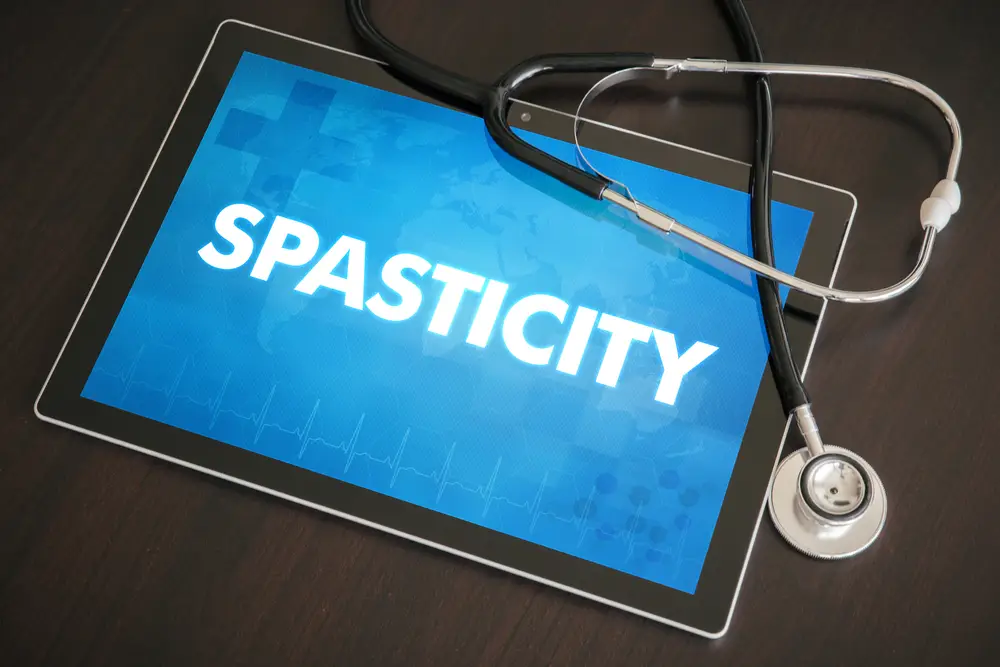With the rapid legalization of marijuana across 39 states, many people are turning to medical marijuana as an alternative form of treatment for a variety of conditions, including spasticity. What is spasticity, and how can cannabis help? Here is an overview of the potential benefits of using cannabis to treat spasticity.
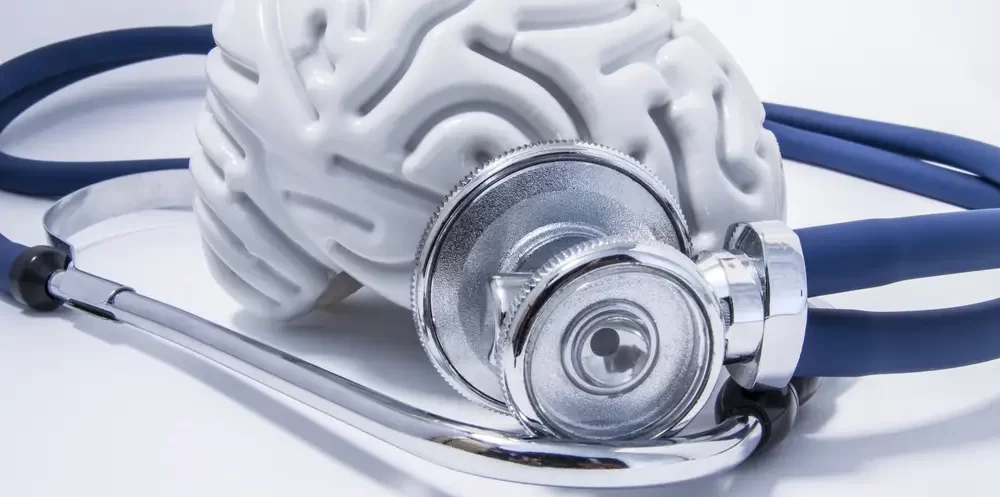
What is spasticity?
Spasticity is a defining symptom of certain neurological disorders. It can cause muscles to contract. The degree of severity varies with each individual and may impact both movement and speech. The most common treatments for spasticity are
- Physical therapy
- Botox (botulinum toxin) injections
- Prescription medications such as:
- Baclofen (Lioresal®)
- Clonazepam (Klonopin®)
- Dantrolene sodium (Dantrium®).
- Diazepam (Valium®).
- Tizanidine (Zanaflex®)
- Gabapentin (Neurontin®)
Spasticity occurs when the muscles in certain parts of the body become overly tight or stiff. The condition can cause
- Pain
- Weakness
- Muscle Spasms
- Difficulty walking
What are the causes of spasticity?
Damage to the brain’s or spinal cord’s nerve pathways that regulate movement and stretch reflexes is the usual cause of spasticity. The most common demographic group in which spasticity occurs are people who have experienced a stroke or traumatic brain injury.
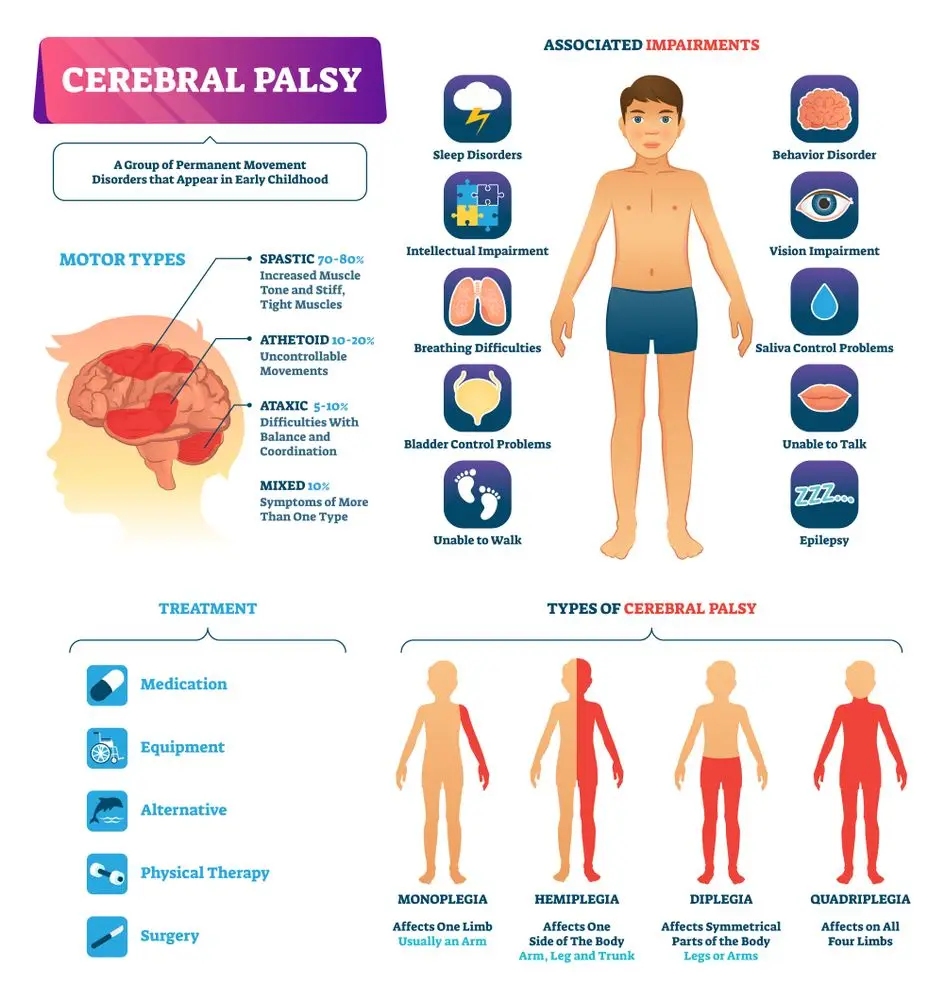
Medical conditions that can cause spasticity
- Adrenoleukodystrophy (ALD)
- Amyotrophic lateral sclerosis (ALS), AKA “Lou Gehrig’s disease,”
- Brain or head injury
- Cerebral palsy
- Hereditary spastic paraplegias
- Krabbe disease
- Multiple sclerosis (MS)
- Phenylketonuria
- Spinal cord injury
- Stroke
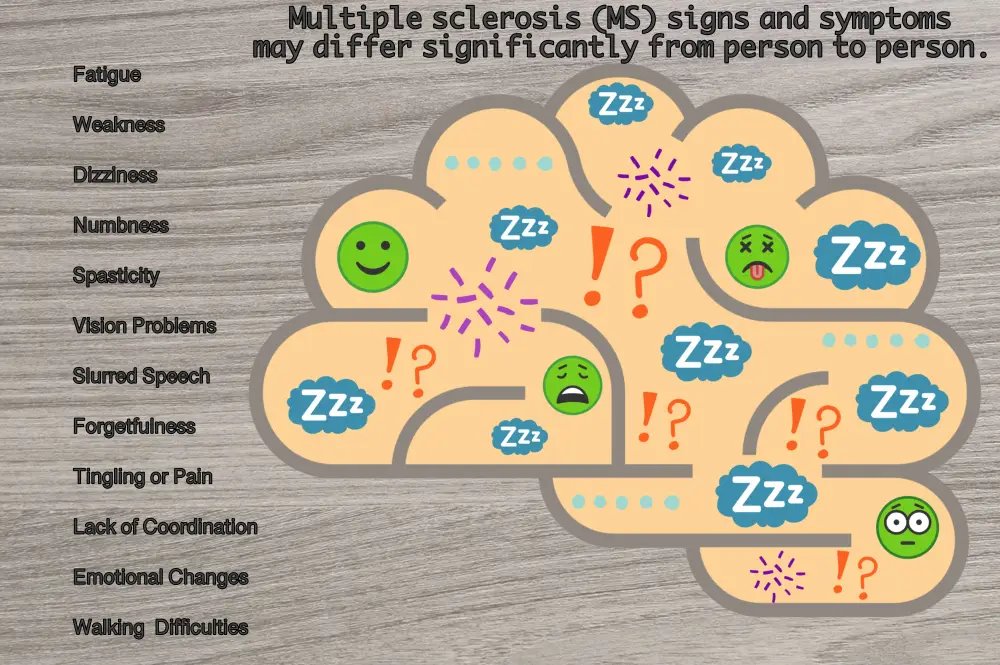
If left untreated, spasticity can result in:
- Chronic constipation
- Contractures (frozen or immobilized joints)
- Partial or full dislocation of joints
- Urinary tract infections (UTIs)
- Pressure sores (pressure ulcers)
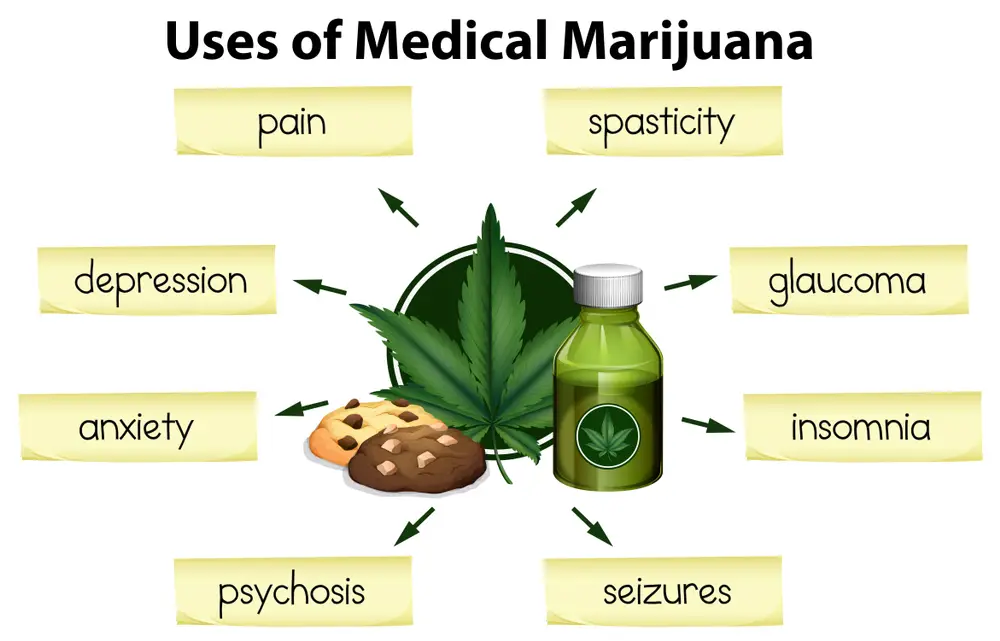
How Does Marijuana Help With Spasticity?
Research suggests that cannabinoids from marijuana can interact with receptors in our brains and bodies to reduce muscle tension and spasms associated with spasticity. These compounds may also help reduce inflammation in the body, which can contribute to pain relief.
Cannabis contains substances known as cannabinoids, which interact with the endocannabinoid system (ECS) of the body to generate a range of effects.
- Tetrahydrocannabinol (THC), one of these cannabinoids, has been proven in several studies to reduce spasticity.
- Cannabis has sedative properties that can help reduce anxiety and stress related to chronic pain caused by spasticity.
- Cannabis is not without its risks. It is still important to speak with your healthcare provider before beginning any new treatment for your condition.
- Your doctor will provide specific advice on how cannabis could help treat your condition without causing additional side effects or health risks.

Here are some benefits of using cannabis to treat spasticity:
- Cannabis contains cannabinoids that interact with brain and body receptors to reduce spasticity-related muscle tension and spasms.
- Cannabis has been shown to have anti-inflammatory properties that may help with pain management.
- Cannabis has calming effects that may help ease stress and worry related to chronic pain brought on by spasticity.
- Due to painful muscle spasms and breathing difficulties, patients with spasticity frequently have their sleep interrupted.
- Cannabis has been shown to extend and improve the quality of sleep, which can enhance life quality overall.
- Cannabis has been found to have fewer adverse effects and a lower risk of addiction or dependence than other pharmaceuticals that are frequently used to treat spasticity, such as muscle relaxants and anti-spasticity treatments.
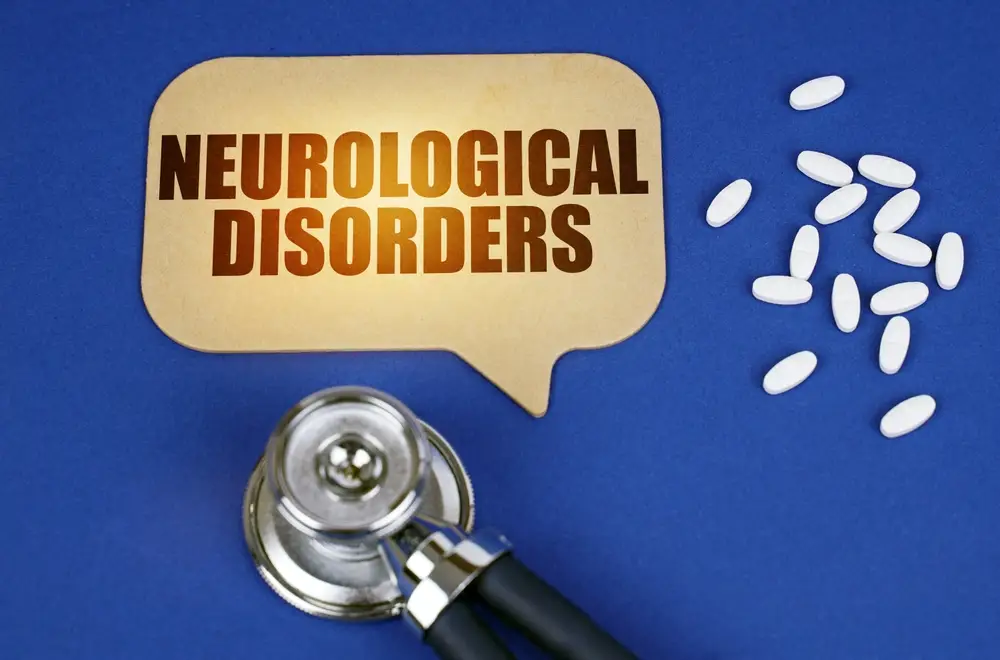
Cannabis Research For Spasticity
Several recent studies suggest that cannabis can be an effective treatment option for managing spasticity. For example, a 2012 double-blind study published in the European Journal of Neurology examined cannabis-based medications for treating spasticity in multiple sclerosis. The research discovered that these medications were beneficial in lowering spasticity and improving movement.
A 2012 systematic review published in the Canadian Medical Association Journal discovered that cannabis-based medications were beneficial in lowering spasticity in people with multiple sclerosis. There were 37 final participants. Among them, 30 completed the trial. The result shows cannabis reduced patient scores on the modified muscle tone assessment scale by an average of 2.74 points. In addition, utilizing a numerical rating scale for spasticity, 40% of patients reported a benefit of 30% or more over the course of six weeks.
Are Cannabinoids Beneficial For Multiple Sclerosis?
Another study published in the Cochrane Library in 2022 discovered that cannabis and cannabinoids are beneficial for the symptomatic treatment of people with multiple sclerosis. The study included 3763 participants and discovered that analgesics and antispasticity drugs are not particularly beneficial. On the other side, people with MS have less pain and spasticity because of cannabinoids

What does a medical marijuana doctor do?
Medical marijuana doctors will review the patient’s medical history and analyze the current symptoms to select the proper therapy for the patient. They also inform the patients about the benefits and drawbacks of using cannabis for spasticity control. If they believe that cannabis will help your specific medical condition, they will issue a recommendation so that you are approved in your state for a medical marijuana card that allows you to purchase cannabis legally. You are also given certain tax breaks and afforded some legal protection as well.
Medical marijuana doctors regularly monitor patients to develop an appropriate treatment plan based on their unique medical history and symptoms. In addition, they will monitor the medication’s effectiveness and any adverse effects and adjust the treatment as needed.

Medical Assistance For Spasticity
If you have spasticity or want to learn more about how marijuana can help you manage it, talk with a qualified medical provider who will answer your questions and provide guidance.
At this time, there is limited data on the effectiveness of using cannabis to treat spasticity. Preliminary evidence suggests that it helps reduce muscle tension and inflammation associated with the condition. Before trying any new form of treatment to manage your medical condition, speak with your doctor about potential risks and benefits so you can make an informed decision about what treatment would best suit your needs.


